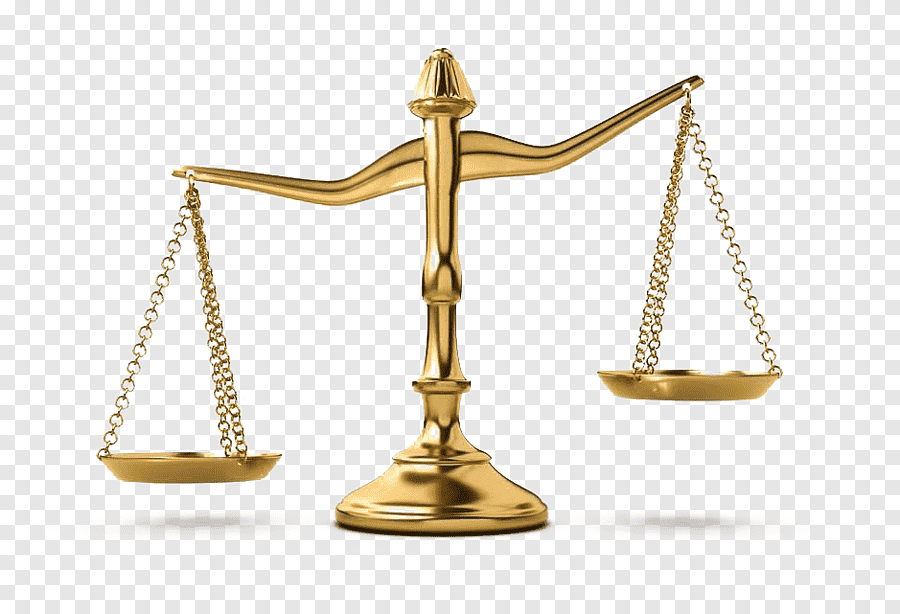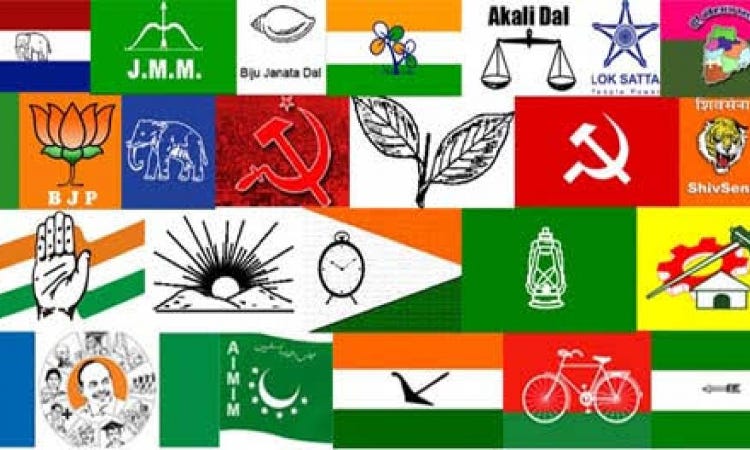Democracy is More Than Regime Change
Widespread collapse of democratic imagination is leading to intellectual stagnation and mass disconnect from democracy
In recent years, I’ve found myself in frequent conversations marked by a shared sense of ennui and listlessness. Fear and intimidation gradually erode collaboration and solidarity, leaving people isolated. Idealism without a practical outlet commensurate with its ambition can begin to feel foolish. And when collaboration or solidarity is scarce, the practical work of sustaining organizations can feel overwhelmingly burdensome—inviting retreat rather than resolve.
These shared experiences point to a deeper liberal democratic malaise. Yet, it would be a mistake to attribute it solely to any one regime (though, of course, regimes shape the immediate conditions under which we operate and affect some people's personal and institutional trajectories. This ennui is more about the collapse of our larger democratic imagination, which is closing off avenues for meaningful engagement at multiple levels. By "democratic imagination", I mean our collective ability to envision democracy not just as electoral competition, but as an ongoing process of shared decision - and norm - making. And the practical ways of being political without being narrowly partisan.
I know from experience that the cure for boredom and disinterest lies not in escapism or retreat but in deeper engagement—thus in the coming months, I will explore what the larger exercise of democratic renewal could look like in the Indian context — and the post below sets up how I am thinking about it. I have written previously on certain aspects of political parties and civil society, but I intend for this to be a more sustained exploration of these and other institutions. This exploration will also grapple with broader questions that emerge from this moment in Indian democracy: how do we distinguish prudence from pusillanimity in these times? Are defections solely about opportunism or is there a broader context? And is there a social justice agenda which can locate itself in the center instead of on the left?
I hope to be regular in this exercise and welcome thoughts/ collaborations—on specific institutions or more broadly—going forward.
The Problem: Democracy is More Than Regime Change

The widespread collapse of democratic imagination is leading to intellectual stagnation and mass disconnect from democracy. Political discourse worldwide has collapsed into what we might call "democracy as regime change"—the belief that switching leaders or parties will somehow restore democratic vitality. Media, especially social media, consistently reinforces this binary framework, turning complex governance into viral moments and hot takes consisting primarily of a few personalities.
Yet country after country shows the same pattern: despite regular elections and even regime change, trust in governments is declining and alienation from democratic processes is growing.
The answer then cannot lie in any particular candidate or party but in how we conceive of democracy. We've reduced democracy to a spectator sport—a contest between personalities and parties where citizens watch from the sidelines. This impoverished view is not just intellectually unsatisfying but provides no concrete way for politically conscious citizens to engage meaningfully beyond casting their vote every few years.
Moreover, as an explanatory framework, it oversimplifies complex political realities. Equally inadequate are frameworks that seek to explain the current political moment by fixating on single aspects such as partisan media, money-power, or criminalization of politics. Moreover, when discussions fixate narrowly, those not directly concerned with that particular issue, become disengaged. Consequently, we fail to adequately explain our current political moment or enlist a broader population in the democratic project.
Democratic Imagination as Collective Decision-making
True democratic imagination encompasses two fundamental dimensions: first: it envisions a societal structure committed to collective decision-making; second, it recognizes an institutional base with associated procedures and norms that shape people's political consciousness and choices. This framework sees citizens and institutions in a constant dialectic—mutually shaping and responding to each other in an ongoing democratic process.
A Framework for Democratic Renewal
Democratic renewal therefore requires four essential elements:
First, contextual grounding: Democratic renewal must be rooted in each society’s unique historical and institutional context—it cannot be discussed in the abstract. Too often, Western concepts are abstracted and overlaid onto the Indian context, in ways that distort rather than clarify.
Second, comprehensive civic mapping: We must map the full constellation of institutions where democratic life actually unfolds, including political parties, legislatures, constitutional institutions, media, civil society organizations, universities, religious communities, labor unions, local governments etc.
Third, procedural and norms analysis: We must examine the norms and procedures that govern institutions. These are not neutral—they encode particular visions of legitimacy and power. The same constitutional framework has produced vastly different outcomes depending on which democratic norms are emphasized or dormant.
Fourth, contextual understanding of political actors: Political actors must be understood within institutional constraints and historical contexts. We can't understand why people make certain political choices or capitulations without understanding the institutions that constrain and enable them.
The Path Forward
This broader view of democracy is not just an intellectually engaging exercise but also reveals that there are a panoply of democratic formations, albeit many defunct and atrophied, which offer multiple entry points for meaningful engagement.
At the very least, recognizing that institutions are shaped by norms, not just procedures, opens up possibilities for reform—whether by reinforcing, reinterpreting, or contesting these norms. So too does understanding that institutions are not monoliths—they are composed of actors with differing incentives and motives.
In an era of declining trust and growing polarization, expanding our democratic imagination is essential for democracy's survival. This work of expansive democratic renewal requires collective imagination. I welcome your thoughts, examples, critiques - especially on specific institutions based on your experience. You can simply reply to this email.
Also Read:
Institutional Independence Is About Distribution of Power Not Individual Virtue
Published in the Indian Express




More than a regime change, we need to change the mindset – develop our people from the role of a mere voter to that of an engaged citizen.